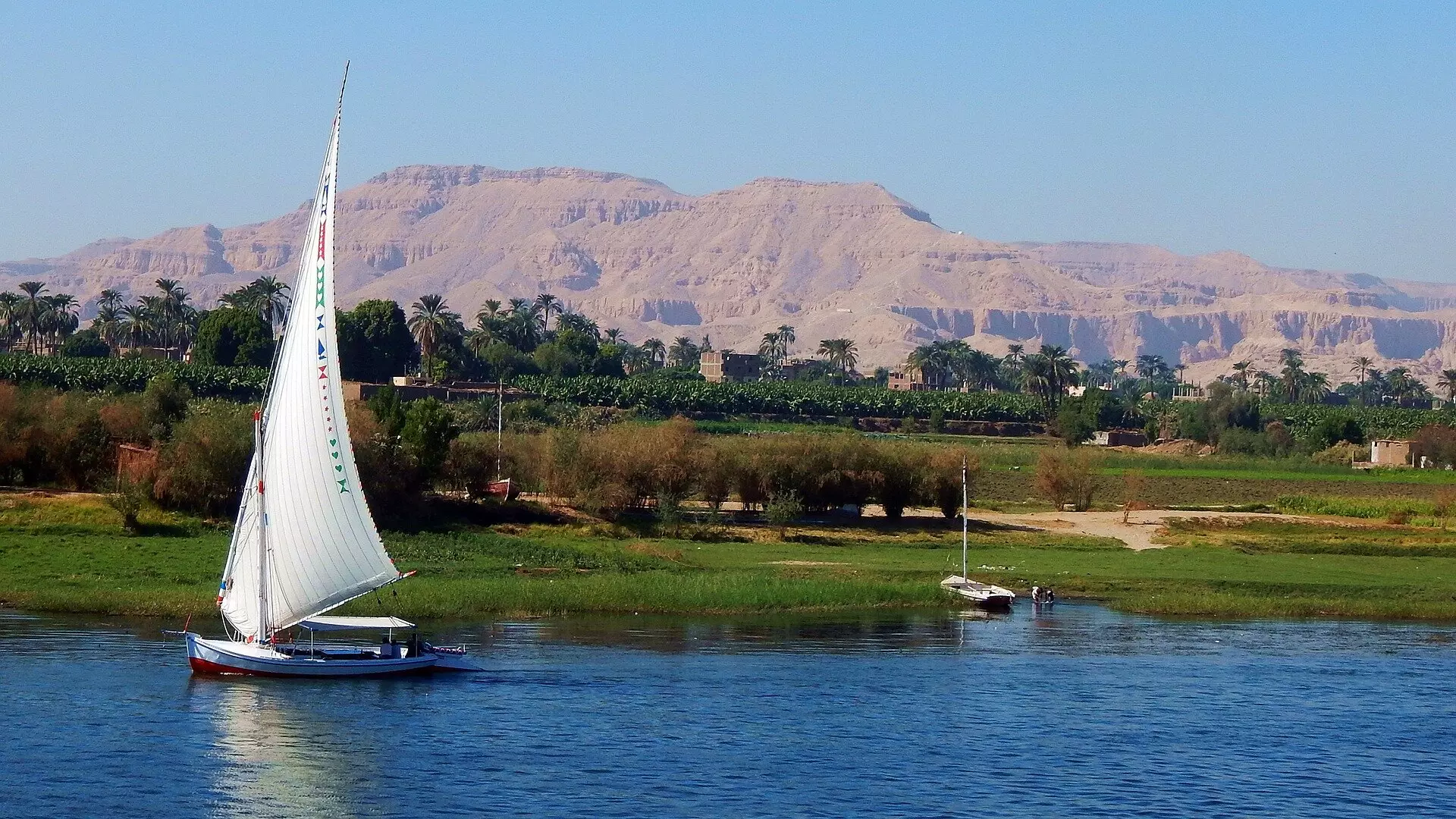The Nile River, spanning over 11 countries in East Africa, holds significant importance as a source of water, energy production, environmental quality, and cultural wealth. However, the utilization of Nile resources has led to longstanding tensions among the countries sharing its waters, hindering opportunities for collaboration and mutual benefit. In light of increasing demands for energy, water, and food in Africa, scientists have proposed a novel approach to address the conflicts surrounding Nile river resources.
The traditional method of resolving water disputes in transboundary river basins like the Nile has typically been water-centric. However, a recent study led by The University of Manchester advocates for a shift towards sharing the benefits of water resources to achieve a win-win situation. By focusing on hydro-generated electricity, agricultural productivity, and fisheries, countries in the Nile Basin can potentially reach mutually beneficial agreements, paving the way for cooperation rather than conflict.
One of the main areas of contention in the Nile River dispute is the Grand Ethiopian Renaissance Dam (GERD). This large dam on the Blue Nile River in Ethiopia has sparked tensions between Ethiopia, Sudan, and Egypt over water rights and access. By developing detailed simulation tools, researchers aim to create actionable large-scale proposals that can mitigate such disputes and foster regional stability. Energy-river basin benefit-sharing projects have the potential to address water deficits, increase hydropower generation, reduce energy curtailment, and lower greenhouse gas emissions.
Simulating Energy Trade Agreements
The simulator devised by scientists covers 13 East African countries, including those within the Nile Basin, to model potential energy trade agreements between Ethiopia, Sudan, and Egypt. By enhancing electricity trade, these countries can not only address water-related challenges but also achieve their individual national interests. The study emphasizes the importance of multisector simulation to unravel the complexities of large multi-country resource systems and highlights the need for assessing governance and legal aspects for the implementation of proposed agreements.
The new approach to resolving water disputes in the Nile River Basin offers a ray of hope for sustainable resource management and regional stability. While the proposed energy trade agreements present viable solutions to complex challenges, further evaluation and considerations from governance and legal perspectives are essential to ensure their successful implementation. By fostering collaboration and sharing the benefits of water resources, countries in the Nile Basin can work towards a more harmonious and prosperous future.



Leave a Reply